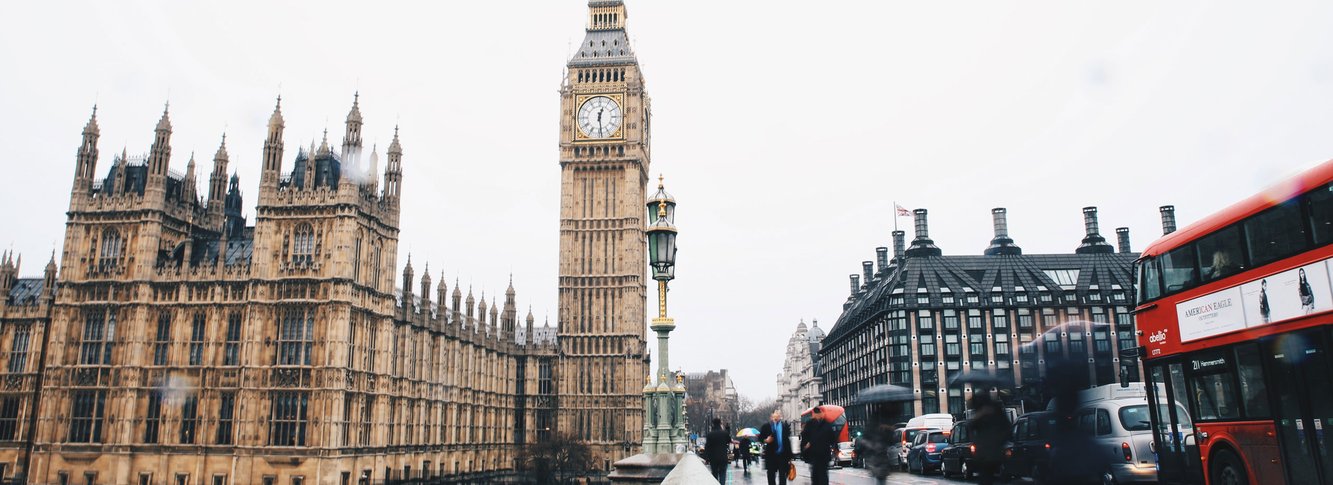| 6 mins read
An invitation to comment on changes in Conservative Party attitudes to race and ethnicity, in the fifty years since Enoch Powell’s Birmingham speech, seems to suggest that Powell was the voice of the Tories at the time. The fact that his speech resulted in a unanimously supported summary dismissal from the shadow cabinet, however, strongly indicates that Powell’s lines on immigration were very much his own and not a mainstream view.
I had no contemporaneous knowledge of the ‘Rivers of Blood’ debacle, being a young girl aged seven, growing up in Carlisle some 200 miles to the north of Powell’s seat in Wolverhampton South West. Paradoxically I was, for a while, perhaps the only person with a darker skin living in that far northern city in the sixties. It was not a place where I recall there being any notion of societal take-over by masses of in-bound ‘people of colour’. That’s not to say I did not suffer racial abuse – I certainly did – but the perpetrators were school kids who picked on anyone who was a bit different.
It was not until 2004 that an urge to investigate party politics first emerged within me. I realised that my politics resonated with the Conservative ethos rather than Labour, albeit to the left of the Conservatives’ broad church. A ‘hand up’ rather than a ‘hand out’, aspiration, opportunity, social mobility, personal freedom, trusting people to take responsibility for themselves and their families.
It was upon David Cameron’s selection as leader in December 2005 that I was drawn to join the party, under the banner of Compassionate Conservatism, early in the following year. That was the first time I had personal experience of the party’s attitude toward people of colour. For the record I was embraced, encouraged and mentored by many. It is true to say that there were a few naysayers outside the party about my chances of progression, but I’ve learned to just ignore it and get on.
The make-up of the Conservative parliamentary party today speaks for itself in terms of progress in diversity and ethnicity. In 1968 there were no black or ethnic minority MPs and only four female members. I take some pride in recording my own part in our progress, forty years later in 2008, by becoming the first black female Conservative to be selected to defend a Conservative seat, then elected in 2010, promoted to Ministerial office in 2012 and appointed as a Vice Chairman of the party in 2018.
The party in government, under David Cameron, was building a head of steam on the diversity agenda and I was filled with hope for lasting change. The following year, however, we witnessed an immensely divisive referendum campaign. UKIP’s then leader Nigel Farage has openly admired Enoch Powell and his immigration policies for years, and just as Powell is credited with whipping up anti-immigration votes in support of the Tories in an election they expected to lose in 1970, so followed Farage in the referendum campaign.
Since the referendum, we have made progress on improving equality in our society. Upon Theresa May’s accession to No.10 in July 2016 she spoke of a plan for fairness for all, and social justice. There then followed a number of significant movements on the BAME landscape: in August 2016 Mrs May ordered an audit into Race Disparity in the Public Sector; in November 2016 the previously mentioned Parker report was published, followed by the McGregor-Smith report in February 2017 and the Lammy review in September 2017.
The wealth of evidence and recommendations we have amassed under a Conservative government, particularly since 2015, shows an immense shift in attitude from the state of things 50 years ago. Race, equality and diversity are now centre-stage policy areas and we have arrived at a critical juncture where we must deliver, to the whole nation, my party’s core messages of self-empowerment, enterprise and social mobility alongside compassion, fairness and social justice.
The Prime Minister has appointed a mixed race Deputy Chairman, a Vice Chairman of Nigerian blood in charge of candidates and two mixed-race Vice Chairmen (one of them being me) with a brief to engage with diverse, disadvantaged and disengaged communities. In government there are now junior Ministers with Pakistani, Mauritian and Iraqi heritage and of the 13 new politicians on the government payroll, eight were women and four were black or minority ethnic.
In my role as Party Vice Chairman for communities, jointly with Rehman Chishti MP, we have been given a free reign to engage. That is what we are now doing; spending time away from Westminster, in communities across the country, being visible, accessible and available; hearing about the complex and individual reasons behind the many torsions and tensions in modern British society.
Compared with 1968 the Conservative Party is in a completely different place. I have witnessed the beginnings of truly transformational change in my twelve years of Conservative activism, where diversity and ethnicity in the Conservative Party now have serious momentum. I will continue to play my part in promoting those agendas and I am proud to have been given the opportunity to do so.

